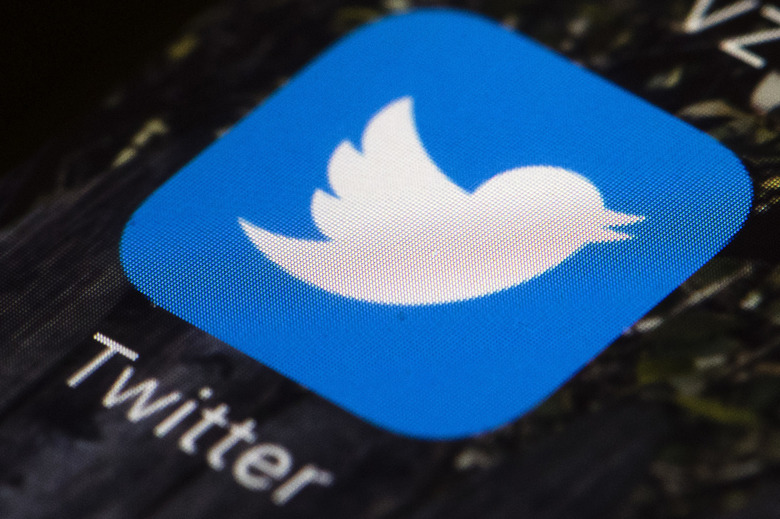GitHub Takes Down Repository That Leaked Twitter's Source Code
If you're wanting to rummage around Twitter's source code, GitHub is no longer the place to do it.
Over the weekend, a GitHub repository containing what was claimed to be Twitter's source code was leaked online. The repository, which was created by a user named "FreeSpeechEnthusiast," claimed to contain at least part of the company's proprietary source code, but it was unclear exactly how much or what parts of the code were leaked.
As reported by TechCrunch, it appears that the repository definitely contained source code from the company due to what Twitter did next. The repository has now been taken down by GitHub after Twitter filed a DCMA request and petition with the District Court of Northern California. In addition to the takedown request, the petition with the court asks GitHub to provide Twitter with the "name(s), address(es), telephone number(s), email address(es), social media profile data, and IP address(es)" linked with "FreeSpeechEnthusiast."
Interestingly, the takedown happened just days before Twitter is due to open-source the code for tweet recommendations, a feature that suggests tweets to users based on their interests and behavior. Twitter CEO Elon Musk announced a little over a week ago that the company would open source the code on March 31st, something that he has been promising for a while now.
Twitter will open source all code used to recommend tweets on March 31st
— Elon Musk (@elonmusk) March 17, 2023
As far as what to expect when Twitter does start open-sourcing its code, Musk says that users should be prepared to be "disappointed." The CEO said that "providing code transparency will be incredibly embarrassing at first, but it should lead to rapid improvement in recommendation quality. Most importantly, we hope to earn your trust."
Right after that March 31st open source date, the company is also planning to sunset legacy verification on the platform on April 1st — April Fools Day. Once sunset, legacy verified accounts will need to purchase Twitter Blue, the company's paid verification service, in order to get their blue checkmark. Interestingly, Twitter may also be working on a feature that will allow Twitter Blue subscribers to hide their checkmarks, calling into question the value of the rest of the subscription for those who would do so.
